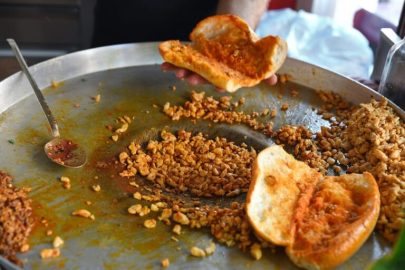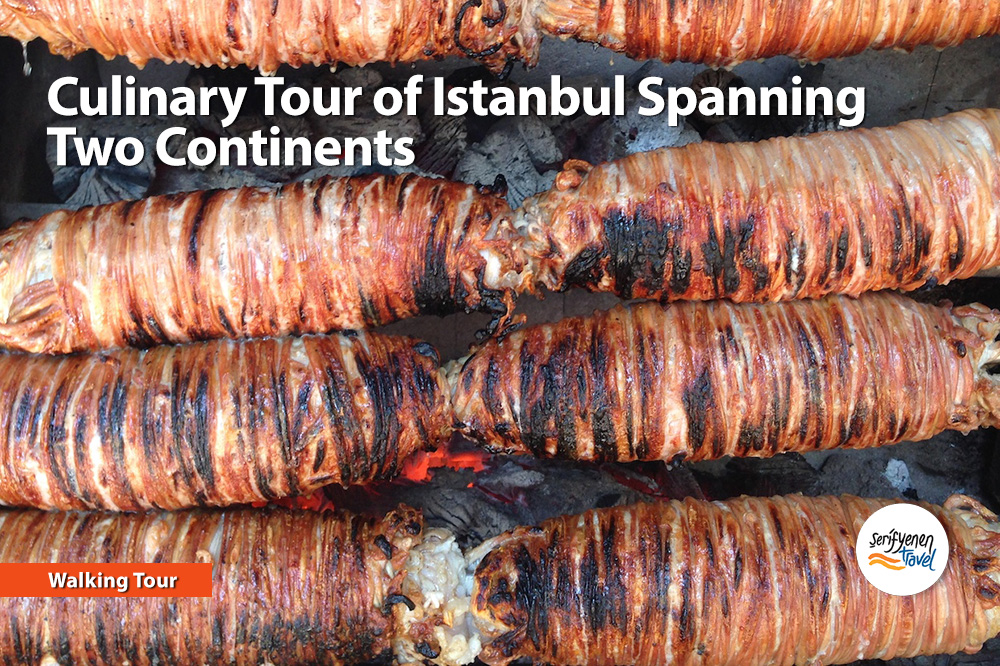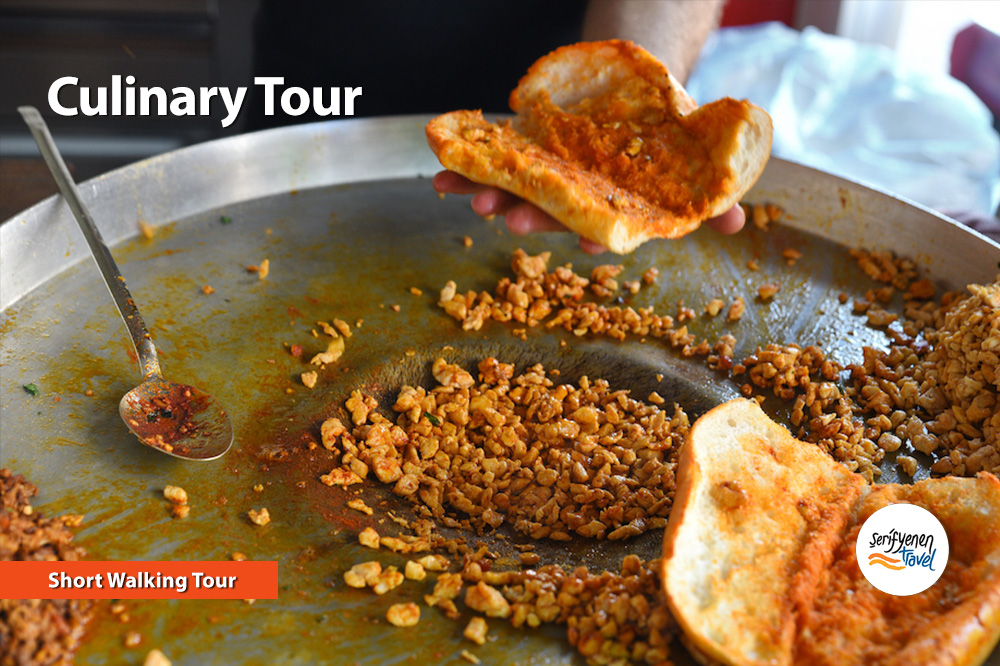Turkish Cuisine: Welcome to the Flavors of Turkey
 Immersing yourself in Turkey’s food culture is the finest route to truly understand its rich diversity. Being a vibrant melting pot, Türkiye’s eclectic cuisine beautifully mirrors its multicultural essence.
Immersing yourself in Turkey’s food culture is the finest route to truly understand its rich diversity. Being a vibrant melting pot, Türkiye’s eclectic cuisine beautifully mirrors its multicultural essence.
Regarded as one of the world’s finest culinary traditions, Turkish cuisine is a testament to the myriad civilizations that have left their mark on this land. With a bountiful larder and a plethora of influences, it is a harmonious blend and refinement of Central Asian, Middle Eastern, Mediterranean, Eastern European, and Balkan flavors ↗.
A Taste of Istanbul; Culinary Experiences
Istanbul, a city like no other, offers an unparalleled opportunity to witness an intriguing blend of history, natural splendor, and daily life. Its denizens form a cultural mosaic of myriad nationalities, ethnicities, cultures, and religions. This rich international tapestry is also reflected in Istanbul’s gastronomy and dining habits. Explore our curated culinary experiences below:
Culinary Experiences
Culinary experiences refer to immersive and memorable interactions with food and cooking that go beyond simple consumption. These experiences often involve a combination of culinary skills, creativity, storytelling, and a focus on engaging multiple senses to create a unique and enjoyable encounter with food. Culinary experiences can range from cooking classes and workshops to food tours, pop-up dinners, themed tastings, and even interactive dining events.
Creating captivating culinary experiences involves a thoughtful blend of various elements. Here’s how you can go about making them:
- Concept and Theme: Start by defining the overarching concept or theme for your culinary experience. This could be based on a specific cuisine, ingredient, cultural tradition, or a creative concept that ties into the local culture or season.
- Venue Selection: Choose a suitable venue that complements your chosen theme. It could be a cooking studio, a unique outdoor location, a restaurant, or even a private home, depending on the nature of the experience.
- Menu Design: Craft a menu that aligns with the theme and provides a diverse and interesting selection of dishes. Consider offering a mix of familiar and unique flavors, textures, and presentations to cater to different preferences.
- Chef or Guide: If you’re not an expert chef yourself, consider bringing in a skilled chef or culinary expert who can guide participants through the cooking process and share insights about the ingredients, techniques, and cultural significance.
- Storytelling: Incorporate storytelling into the experience to provide context and depth to the dishes being prepared. Share anecdotes about the origins of certain dishes, the history of ingredients, or personal experiences related to the theme.
 Interactive Elements: Engage participants through hands-on activities like cooking demonstrations, ingredient sourcing, and preparation. Encourage participants to actively participate in the cooking process, which can enhance their connection to the food.
Interactive Elements: Engage participants through hands-on activities like cooking demonstrations, ingredient sourcing, and preparation. Encourage participants to actively participate in the cooking process, which can enhance their connection to the food.- Sensory Engagement: Create an immersive environment that stimulates the senses. This can involve using appealing visuals, aromatic ingredients, ambient music, and even tactile elements that participants can interact with.
- Collaborations and Partnerships: Collaborate with local producers, artisans, and suppliers to source high-quality ingredients and products that align with your theme. This adds authenticity and a local touch to the experience.
- Customization: Offer options for customization, such as dietary preferences and restrictions, to ensure that the experience is accessible to a wider range of participants.
- Promotion and Marketing: Effectively promote your culinary experience through social media, local event listings, and partnerships with influencers or food bloggers. Highlight the unique aspects that set your experience apart.
- Logistics and Safety: Ensure that all logistical details are well-organized, from booking systems and registration to health and safety measures. Providing a seamless experience contributes to participants’ overall satisfaction.
- Feedback and Improvement: Gather feedback from participants after each experience to understand what worked well and where improvements can be made. Continuous refinement will help you deliver even better culinary experiences in the future.
Remember that the success of culinary experiences often lies in the passion, creativity, and attention to detail that you put into them. By combining culinary expertise with innovative ideas and a focus on creating memorable moments, you can offer participants an extraordinary journey into the world of food and culture.











